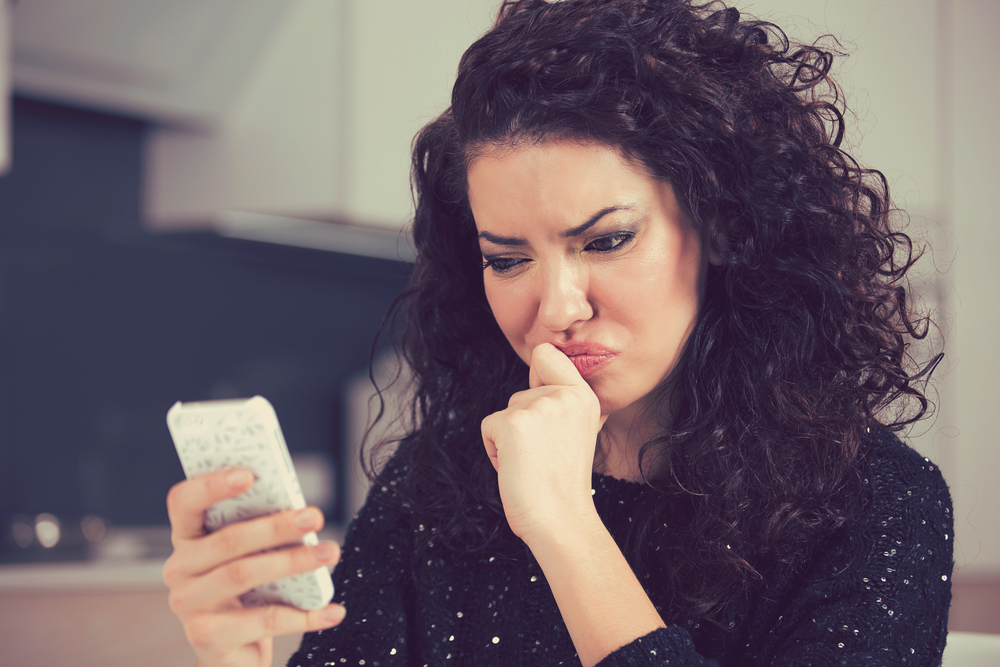Do you have any idea where your smartphone is at the moment? If you are like millions of people in the world, it is either in your hand or within arms-reach. If you can’t find your phone and you immediately start to get nervous about it, you aren’t alone. Our smartphones have basically become another limb that we need to survive.
In recent Gallup polls concerning smartphones, research has shown that 81% of those surveyed admitted to keeping their cell phone close to them almost all of the time when they are awake. Another poll, this time from Common Sense Media, reported that at least half of all teenagers polled admitted that they felt “addicted” to their phones. Research has continuously shown that men, women, and even children are becoming more and more addicted to their smartphones every day. If you have ever seen a toddler with a smartphone, you’re probably not at all shocked at this revelation.
Too much technology can cause our brains to “overact” and drain us of our creativity. The average college student focuses on one chore for around three to five minutes before they feel as though they have to switch to another activity. It’s no wonder that procrastination has become a huge problem for kids and adults alike; after all, we have a plethora of activities right at our fingertips all day and night.
So how do you turn off your cell phone and focus on the work around you? Many people think that the cold turkey approach is the best one. In reality, it often makes things worse. Set your phone down for three days straight and you’ll realize that you missed dozens of posts from Facebook, tons of emails, and numerous phone calls. You’re now back to square one as you try to play catch-up. All of those days without your smartphone near you have gone to waste as you spend hours checking out everything that you missed.
According to experts, weaning yourself off of your smartphone is the best way of downsizing your screen time. However, you should make a public statement of your plans first. Warn family and friends that you may not answer social media messages or phone calls right away. This part is very important to the plan as we often worry about offending people if we aren’t on our phones all of the time to receive and answer messages.
It’s easier than you think to lessen your cell phone usage. After telling everyone you won’t be available day and night, put the phone down. An hour later, check for texts, return a phone call, and then put it down again. Go up to a full hour before checking anything on your phone. After that, try for two hours. Even if you have trouble the first couple of days, you’re still doing something to reduce the amount of time you are on the phone. Hopefully, your FOMO, which means “fear of missing out,” will start to seem silly when you realize you’re actually accomplishing more than you have in the past few years!







